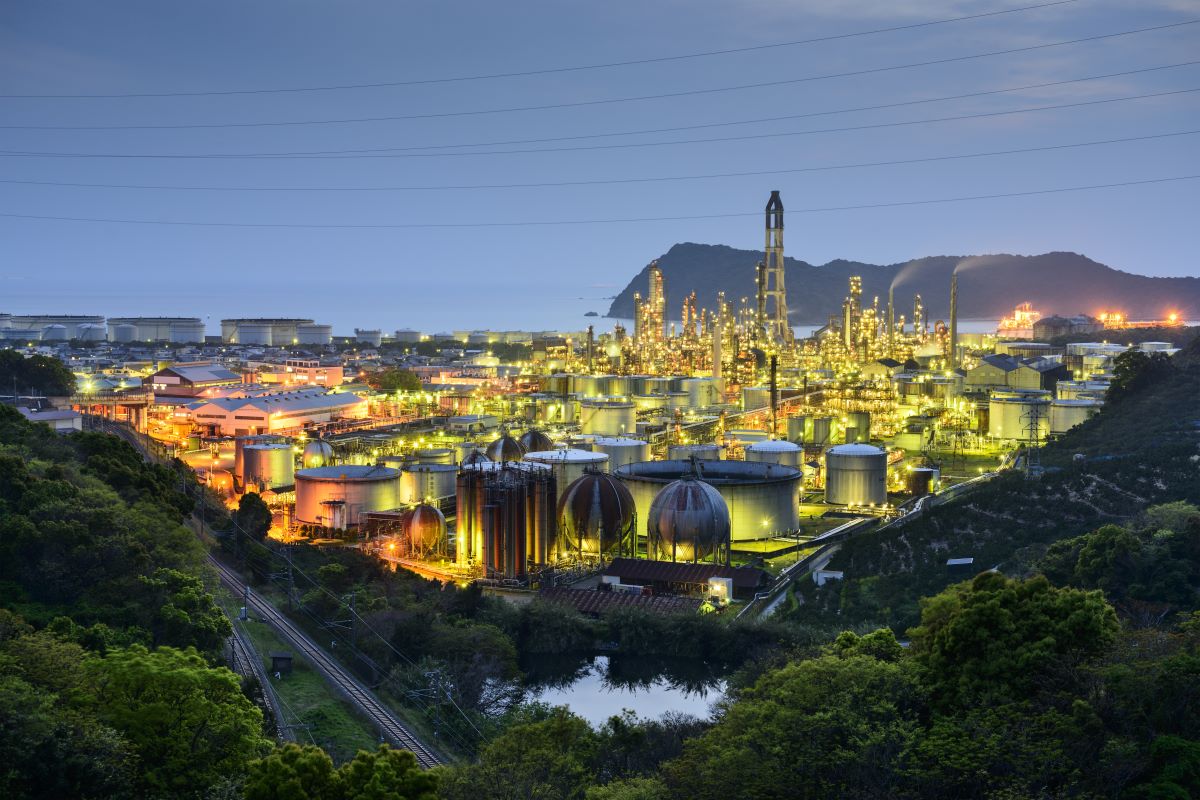Global climate change measures and the falling demand for gasoline is resulting in the consolidation of Japan refineries business while favouring investments in cleaner sources of fuel. Japan, among the top countries which refine oil and export it to other countries, has seen a steady decline in refineries over the past year but Covid-19 accelerating the trend.
Back in 2021, companies that run refineries said they were planning to sell assets and initiate structural reforms as they see fuel demand worsening in the coming years, especially since the pandemic put the focus on decarbonisation. Japanese refiners Eneos Holdings and Idemitsu Kosan then cut their profit forecasts for the next three years till March 2023.
What happened with Japan refineries?
The changes in environmental policies, implementation of new decarbonisation targets in Japan and overseas as well as the drop in demand due to the Covid-19 crisis have led to an acceleration of Japan refineries shutting down.
Profits made from the rise in oil prices in 2021 is being used to make a shift to cleaner energy and support decarbonisation efforts. Japan’s oil demand has been falling for years, and back in 2017, it saw a 30% fall in oil demand.
Meanwhile, Japanese refiner Idemitsu Kosan sees fuel demand falling 30% by 2030 compared to 2019.
The country has an ageing population, and the younger climate-conscious generation is more focused on electric vehicles which have led to a growth in renewables such as hydrogen and the restart of nuclear power generation.
Idemitsu, Eneos and other major petroleum firms are repurposing existing refineries to handle next-generation fuels. This is a trend that has been seen in other developed nations as well, such as in the US and Europe.
At the start of 2022, there were a total of 21 Japan refineries, down from 2012 when there were 26. The number has further reduced as several refineries have been shut within the past year.
Meanwhile, Japan refineries are also facing the government’s ambitious renewables target, under which the country aims to have 36-38% of its energy mix comprised of clean energy by 2030.
After Fukushima, the country suspended operations at all its 54 nuclear power stations, but Tokyo is now restarting these plants by upgrading the infrastructure as importing energy has become expensive with higher prices and a weak yen.
Separately, Japan is banking on green hydrogen to pull itself out of the severe energy crisis, and many of the existing refiners and petroleum firms are focusing on building more fuelling stations and production plants. Companies like Eneos are already acquiring renewables players, one such deal being the $1.7 bn it paid for buying Japan Renewable Energy from Goldman Sachs and Singapore’s sovereign wealth fund GIC, said global law firm White & Case.


 Australia
Australia China
China India
India Indonesia
Indonesia Japan
Japan Malaysia
Malaysia Philippines
Philippines Singapore
Singapore South Korea
South Korea Taiwan
Taiwan Thailand
Thailand Vietnam
Vietnam







